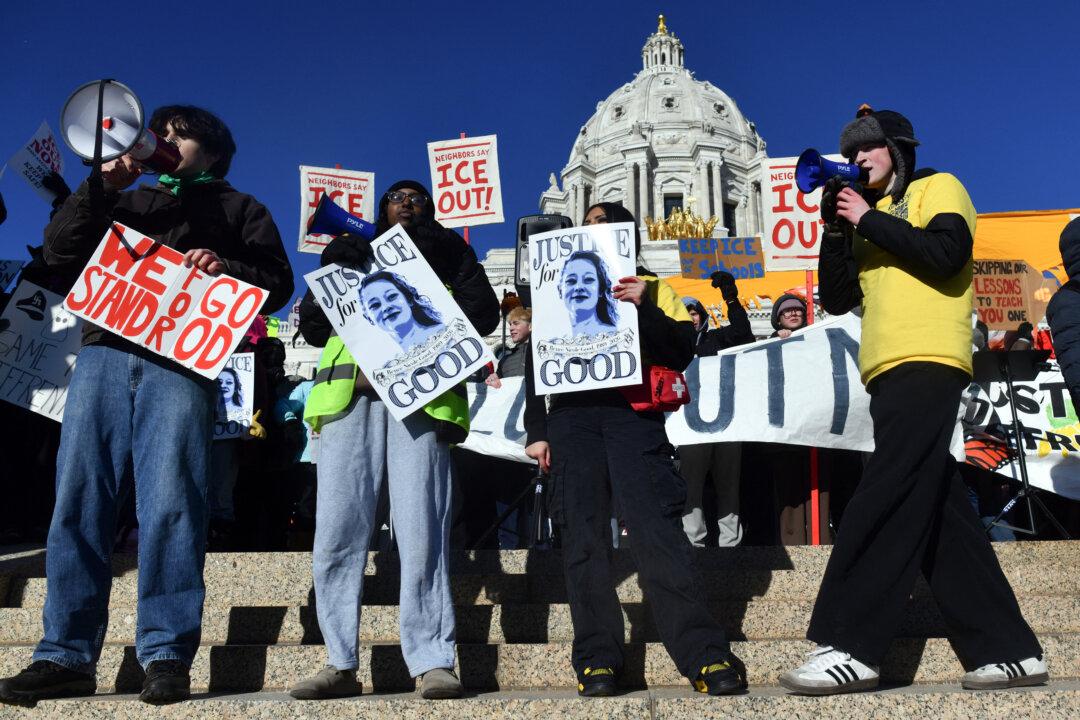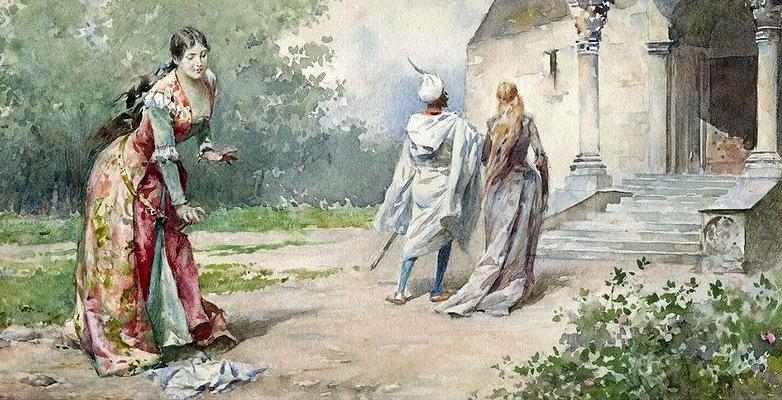Commentary
The annual T.S. Eliot Prize for Poetry, the most valuable in Britain, has just been awarded to a woman called Joelle Taylor. As I have not read her work, I am in no position to judge its quality, which may be very high indeed. In any case, I confess to some difficulty in judging the value of new poetry: I am not even sure that I should recognize a new John Keats were one to emerge. It is salutary to remember that some good judges of poetry failed to recognize his genius while he was still alive.





